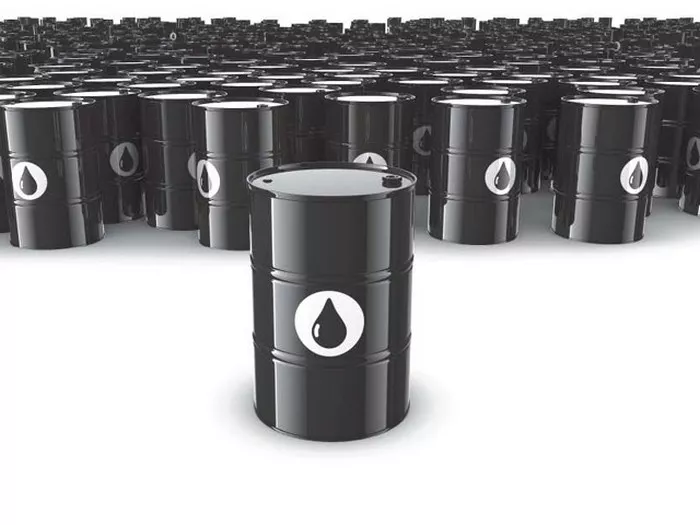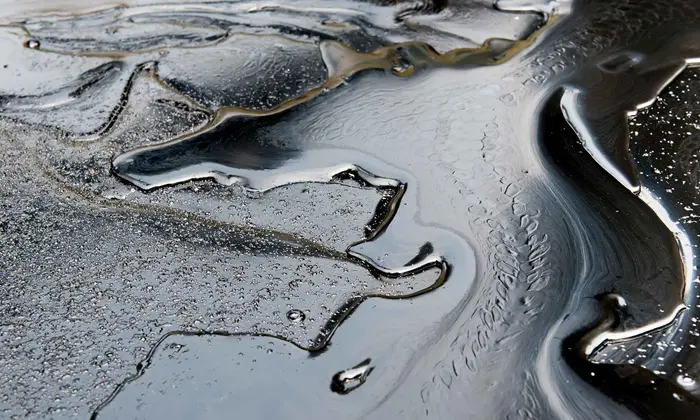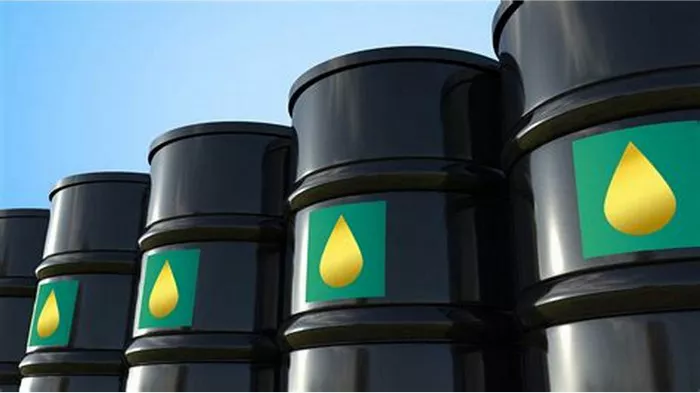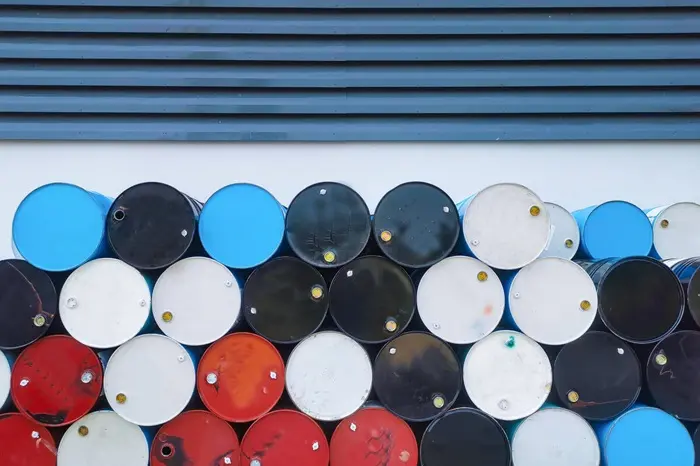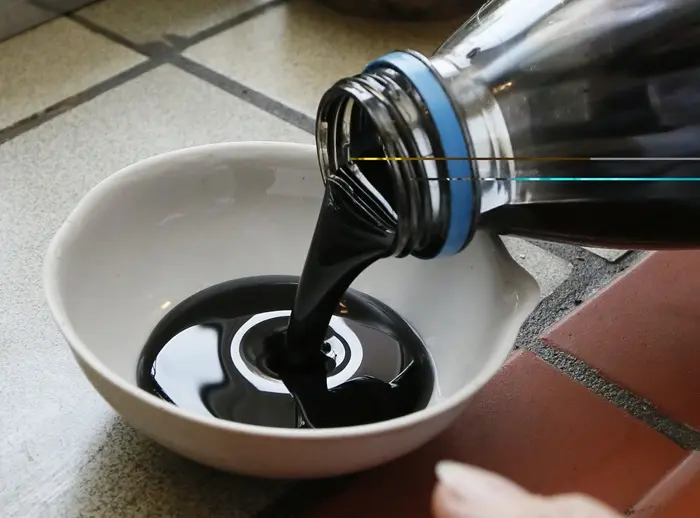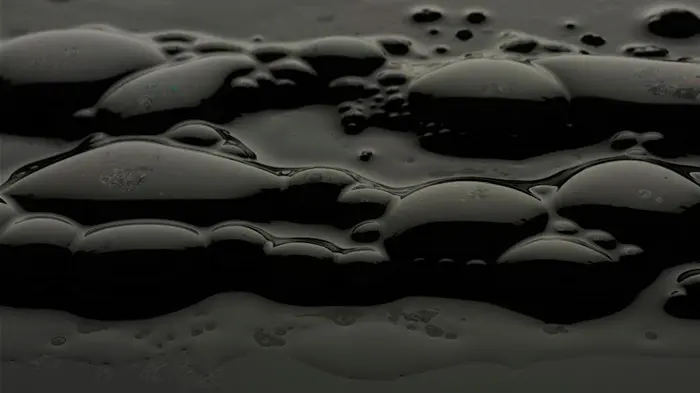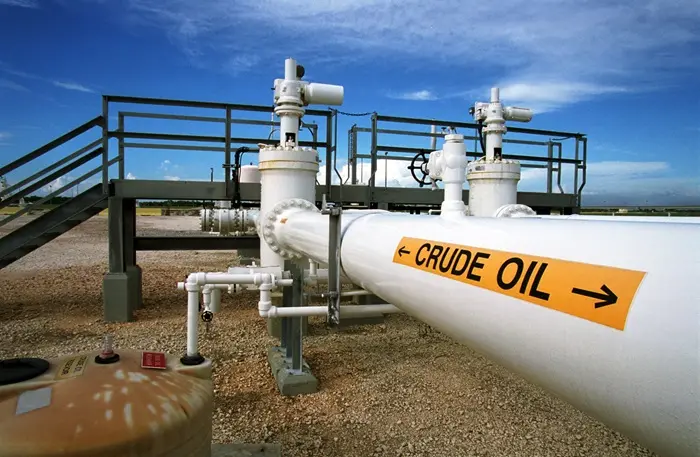Crude oil, often dubbed the “black gold,” is a vital resource with diverse applications across various industries. One of the less commonly discussed, but equally important, functions of crude oil is its role in rust prevention. Rust, the reddish-brown flaky coating formed on iron and steel when exposed to moisture and oxygen, poses significant challenges, especially in industries relying heavily on metal components. In this article, we will explore the 7 major functions of crude oil in rust prevention, highlighting how this versatile substance helps safeguard metal structures and equipment.
Introduction to Rust and Its Implications
Before delving into the functions of crude oil in rust prevention, it’s essential to understand the nature of rust and its implications. Rust is a form of iron oxide, and it occurs when iron or its alloys, such as steel, react with oxygen in the presence of water or moisture. This process, known as oxidation, can weaken the metal, leading to structural failure, decreased efficiency, and significant economic losses.
The industries most affected by rust include construction, automotive, maritime, and oil and gas. For these sectors, preventing rust is crucial to maintaining the longevity and reliability of their equipment and structures. This is where crude oil comes into play as an effective rust-preventive agent.
1. Barrier Formation: Creating a Protective Layer
How Crude Oil Forms a Barrier
One of the primary functions of crude oil in rust prevention is its ability to form a protective barrier on metal surfaces. When crude oil is applied to a metal surface, it coats the material with a thin layer of oil. This layer acts as a shield, preventing moisture and oxygen from coming into direct contact with the metal.
Why the Barrier is Effective
The effectiveness of this barrier is due to the hydrophobic nature of crude oil. Hydrophobic substances repel water, meaning that the oil layer prevents moisture from reaching the metal surface. By blocking both water and oxygen, crude oil significantly reduces the risk of oxidation, which is the chemical reaction responsible for rust formation.
2. Lubrication: Reducing Friction and Wear
Crude Oil as a Lubricant
Another critical function of crude oil in rust prevention is its role as a lubricant. In mechanical systems where metal parts are in contact, friction can lead to wear and tear. Over time, this wear can expose fresh metal surfaces to the environment, making them more susceptible to rust.
Impact on Rust Prevention
By providing lubrication, crude oil reduces friction between metal parts. This not only prolongs the lifespan of the components but also minimizes the exposure of metal surfaces to the elements, thereby reducing the likelihood of rust formation.
See Also: 8 Points Explaining How to Convert Crude Oil Using Heat Energy
3. Moisture Displacement: Keeping Water at Bay
How Crude Oil Displaces Moisture
Crude oil is also highly effective in displacing moisture from metal surfaces. When applied, crude oil seeps into the microscopic crevices and pores of the metal, pushing out any trapped moisture. This is particularly important in environments with high humidity or where water exposure is frequent.
Significance in Rust Prevention
Moisture is a key catalyst in the rusting process. By displacing moisture, crude oil removes one of the essential elements required for rust to form. This makes crude oil an invaluable tool in protecting metal surfaces from the detrimental effects of rust.
4. Chemical Stability: Preventing Oxidation Reactions
The Stability of Crude Oil
Crude oil is chemically stable, meaning it does not easily react with other substances, including oxygen. This stability is crucial in rust prevention, as it ensures that the oil does not break down over time and continues to provide protection against oxidation.
Long-Term Rust Prevention
The chemical stability of crude oil means that it can provide long-lasting protection against rust. Even in harsh environmental conditions, crude oil remains effective, ensuring that metal surfaces are protected from rust for extended periods.
5. Inhibiting Corrosive Agents: Neutralizing Acids and Salts
Crude Oil as a Corrosion Inhibitor
In addition to forming a physical barrier, crude oil can also act as a chemical inhibitor against corrosive agents such as acids and salts. These substances are known to accelerate the rusting process by promoting oxidation.
Neutralizing Effects
Crude oil can neutralize these corrosive agents by either reacting with them or by preventing them from reaching the metal surface. This inhibitory effect further enhances the rust-preventive properties of crude oil, making it a multifaceted tool in corrosion control.
6. Penetration: Reaching Inaccessible Areas
Penetrative Capabilities of Crude Oil
One of the unique properties of crude oil is its ability to penetrate hard-to-reach areas. This is especially important in complex machinery or structures where rust can form in inaccessible places.
Preventing Hidden Rust
By penetrating into these areas, crude oil ensures that the entire metal surface is protected, not just the exposed parts. This comprehensive coverage helps prevent the formation of hidden rust, which can go unnoticed until significant damage has occurred.
7. Compatibility with Additives: Enhancing Rust Prevention
Use of Rust Inhibitors in Crude Oil
Crude oil can be combined with various additives to enhance its rust-preventive properties. For example, rust inhibitors can be added to crude oil formulations to provide additional protection against corrosion.
Customizing Rust Prevention Solutions
This compatibility with additives allows industries to tailor crude oil-based rust prevention solutions to their specific needs. Whether it’s for protecting metal pipelines, machinery, or structural steel, crude oil can be customized to offer the most effective rust prevention strategy.
Conclusion
Crude oil is a versatile and effective agent in the fight against rust. Its ability to form protective barriers, displace moisture, reduce friction, and inhibit corrosive agents makes it an invaluable tool in industries where metal corrosion is a significant concern. By understanding and leveraging the seven major functions of crude oil in rust prevention, industries can protect their assets, reduce maintenance costs, and extend the lifespan of their metal structures and equipment. As we continue to rely on metal in various applications, the role of crude oil in rust prevention will remain a crucial aspect of maintaining the integrity and durability of these materials.
Related topics:

